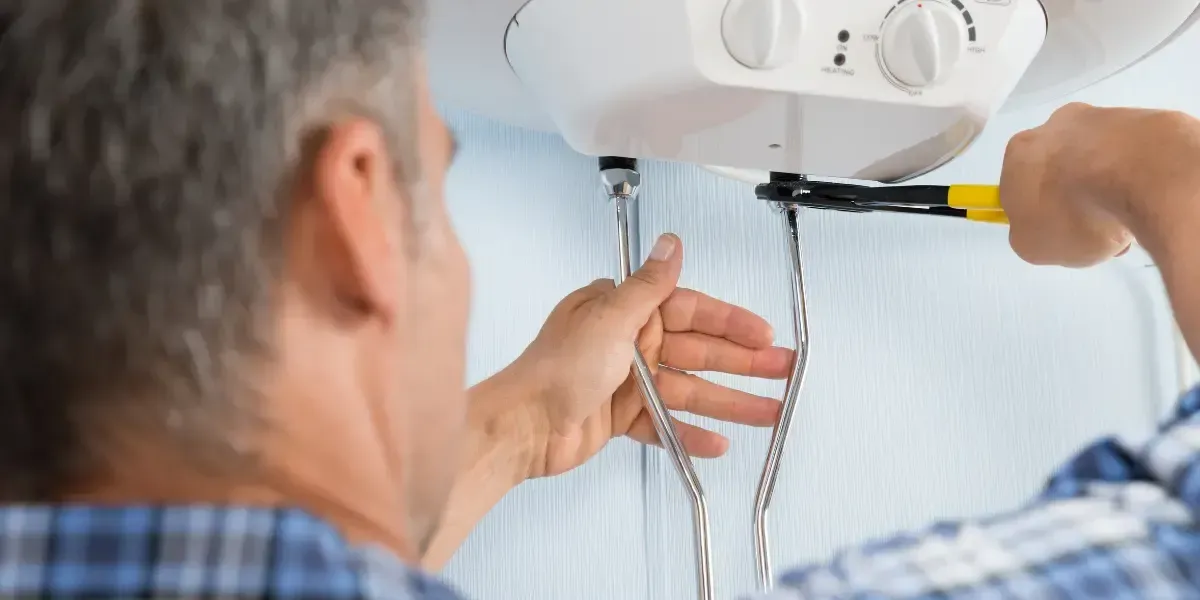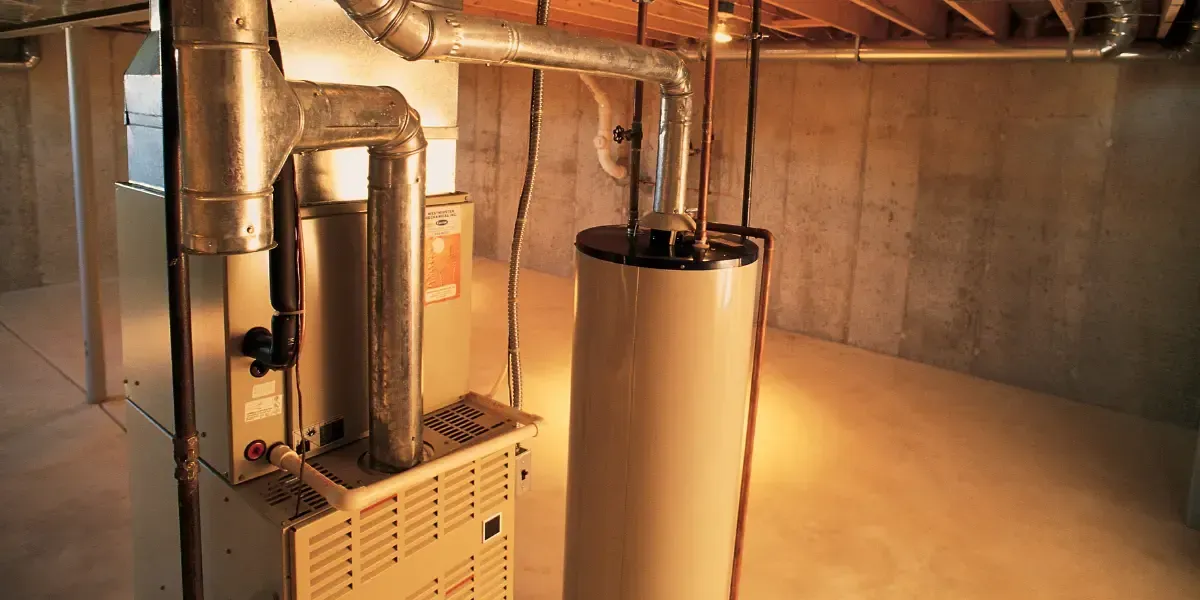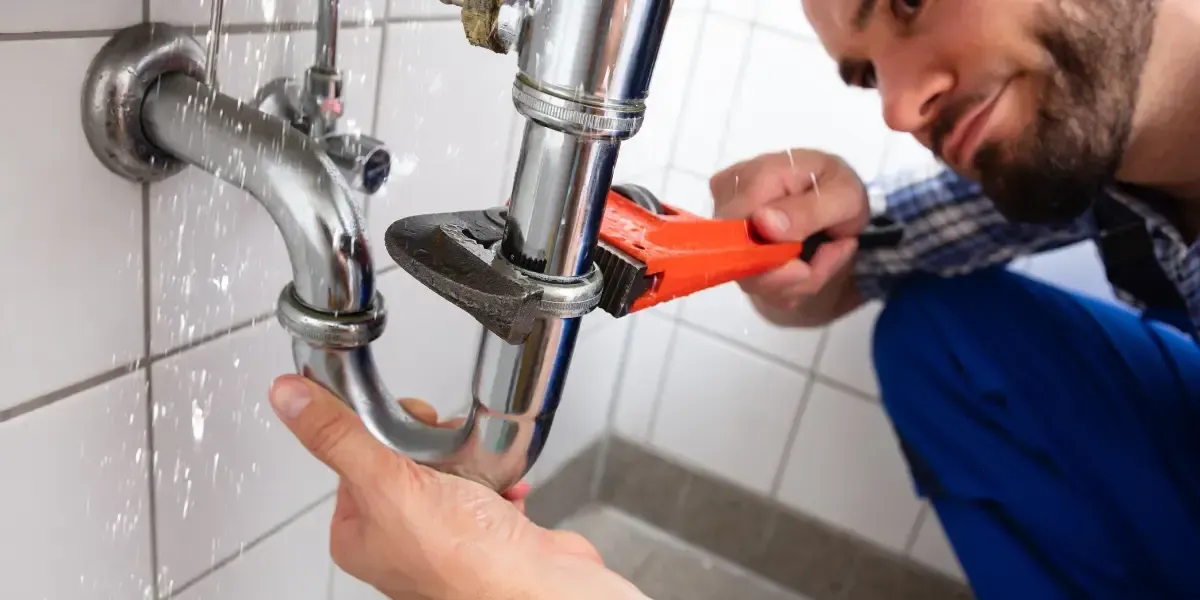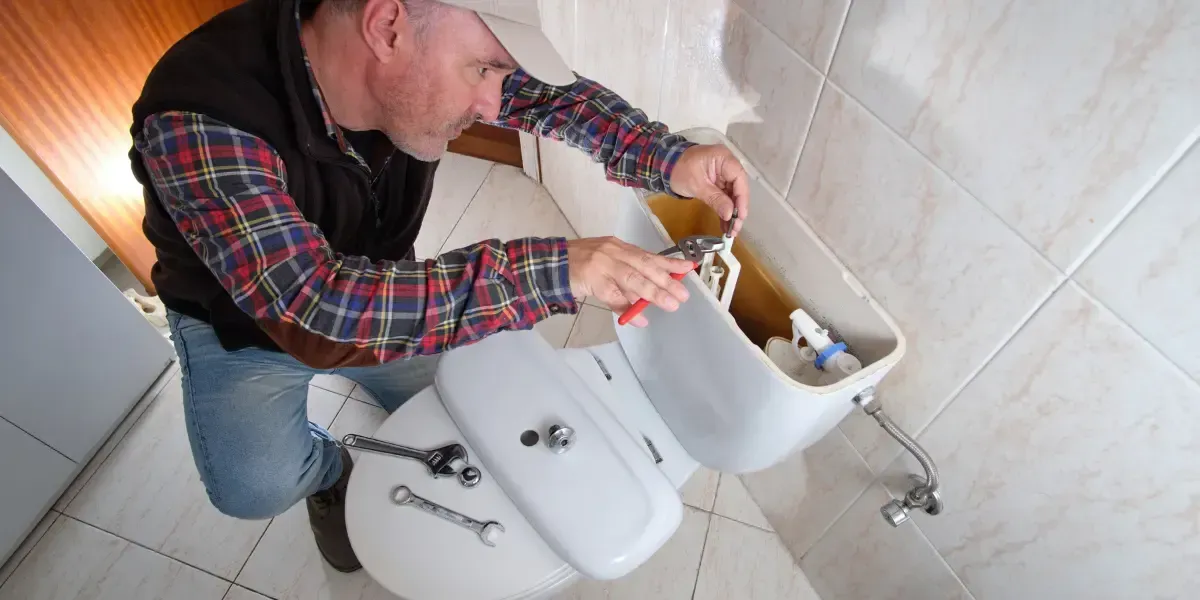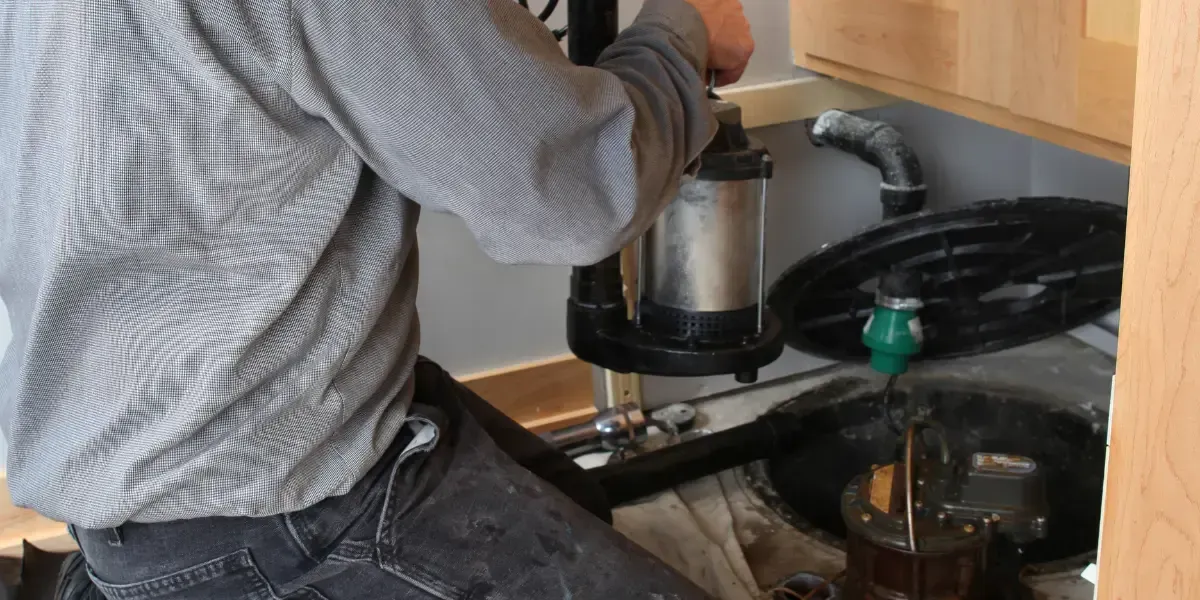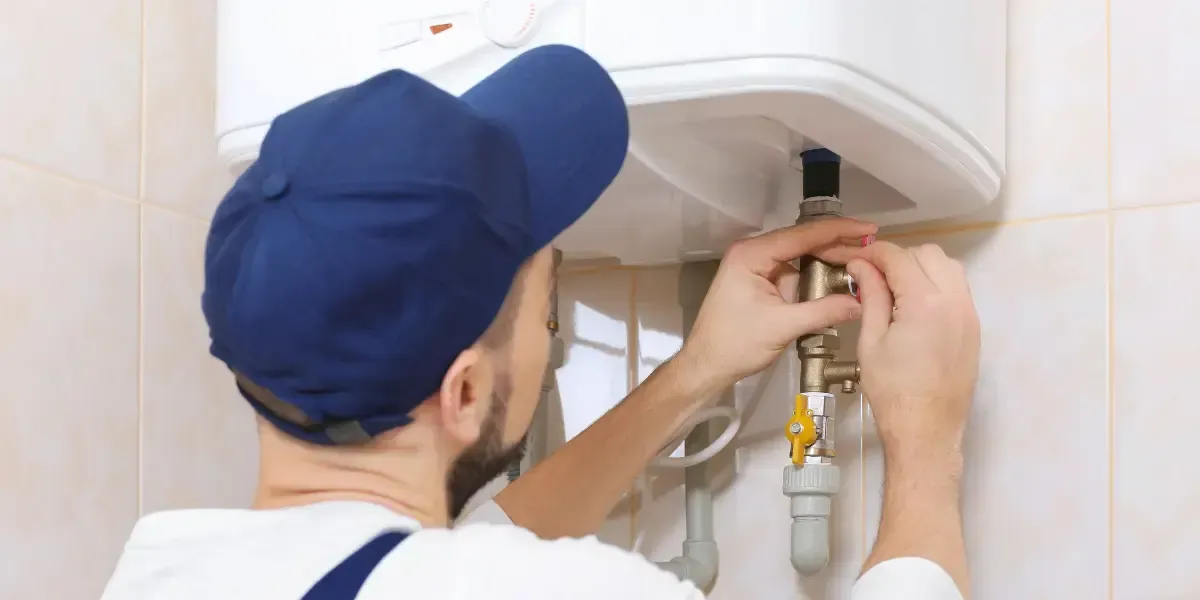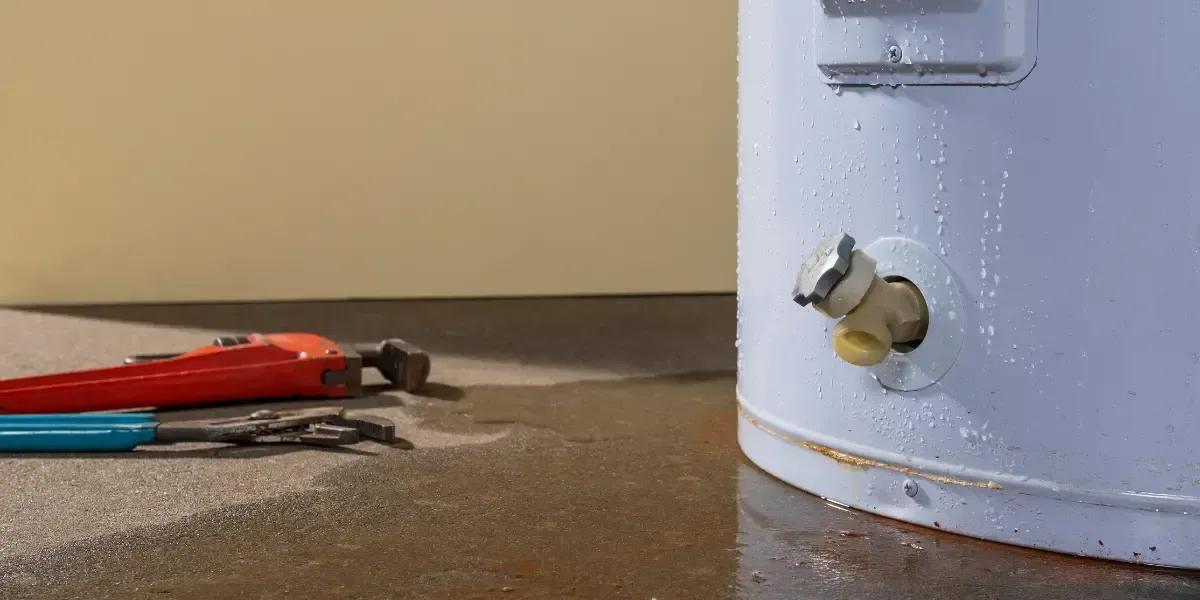

Give Us a Call
How Hard Is Installing an Electric Water Heater?
Installing an electric water heater can be a daunting task, especially for homeowners with little experience in plumbing and electrical work. While some may consider it a DIY project, the complexities involved in installation make it essential to understand the process and potential challenges before diving in.
In this article, we will break down the steps, challenges, and professional options for
installing an electric water heater, helping you decide whether to attempt it yourself or seek expert assistance.
Key Takeaways
- Installing an electric water heater requires expertise in plumbing and electrical work.
- Challenges include electrical safety, plumbing connections, and code compliance.
- Professional installation ensures efficiency, safety, and compliance with regulations.
- Aquilina Plumbing and Rooter provides expert installation services, saving time and effort.
- Proper installation leads to a longer-lasting, more efficient water heater system.
Understanding the Installation Process
The process of installing an electric water heater involves several crucial steps. A misstep in any of these stages can lead to inefficiencies, safety hazards, or even damage to your plumbing system. Here’s what the installation process entails:
1. Removing the Old Water Heater
Before installing a new electric water heater, the old unit must be removed safely. This step includes:
- Turning off the electrical power at the circuit breaker.
- Shutting off the water supply to the heater.
- Draining the existing unit to prevent leaks and water damage.
- Carefully disconnecting the electrical wiring and plumbing connections.
2. Preparing the Installation Site
Selecting the right location for your new water heater is crucial. It should be:
- Near existing plumbing and electrical connections.
- Easily accessible for future maintenance.
- Compliant with local building codes and safety regulations.
3. Installing the New Water Heater
Once the site is ready, the new unit needs to be positioned and secured properly. The steps include:
- Placing the water heater on a stable, level surface.
- Ensuring there is adequate space around the unit for ventilation and servicing.
- Mounting it securely to prevent shifting or tipping.
4. Connecting Water and Electrical Lines
This step requires precision to prevent leaks and ensure proper operation:
- Connecting the cold water inlet and hot water outlet pipes.
- Ensuring all connections are sealed tightly to prevent leaks.
- Wiring the unit to the appropriate 240-volt circuit, following safety standards.
5. Testing and Final Adjustments
After installation, testing the unit is essential to ensure everything functions correctly. This involves:
- Turning the water supply back on and checking for leaks.
- Reconnecting the electrical power and ensuring proper operation.
- Adjusting the thermostat to the desired temperature.
- Allowing the unit to fill and heat the water before use.
Challenges and Considerations
While the installation steps may seem straightforward, several challenges can arise:
1. Electrical Safety Concerns
Electric water heaters require a dedicated 240-volt circuit. Handling electrical wiring incorrectly can lead to severe injury, electric shock, or fire hazards. If you are not confident in working with electrical systems, hiring a professional is the safest option.
2. Plumbing Skills
Incorrect plumbing connections can result in leaks, water damage, and inefficient heating. Understanding how to properly secure fittings, use pipe thread sealant, and test for leaks is essential.
3. Code Compliance
Local building codes regulate the installation of electric water heaters. These codes ensure safety and proper operation. Failure to comply can lead to fines or issues when selling your home.
4. Time and Effort
For DIY enthusiasts, installing an electric water heater can take several hours or even an entire day. Mistakes can add time and expense, making professional installation a more efficient choice.
How Aquilina Plumbing and Rooter Can Help You
If installing an electric water heater seems overwhelming, professional assistance is the best option. At Aquilina Plumbing and Rooter, we specialize in water heater installation and maintenance, ensuring a seamless process from start to finish.
Why You Should Choose Aquilina Plumbing and Rooter
- Expert Technicians Our team of licensed professionals has years of experience handling water heater installations safely and efficiently.
- Code Compliance We ensure that all installations meet local building codes and safety standards, preventing future issues.
- Time-Saving Convenience Our experts handle the entire process quickly, allowing you to enjoy hot water without unnecessary delays.
- Guaranteed Workmanship We stand by our work, offering warranties and customer support for peace of mind.
- Affordable and Transparent Pricing With competitive pricing and no hidden fees, we provide reliable service that fits your budget.
Conclusion
Installing an electric water heater is not an easy task for most homeowners. The process involves plumbing, electrical work, safety precautions, and compliance with local codes. While DIY installation is possible, mistakes can be costly and hazardous.
By choosing Aquilina Plumbing and Rooter, you ensure that your electric water heater is installed correctly, efficiently, and safely. Our professional team takes care of every detail, giving you peace of mind and reliable hot water. Contact us today to schedule your water heater installation!
Frequently Asked Questions
How long does it take to install an electric water heater?
Professional installation typically takes 2–4 hours, while DIY installation may take longer, depending on experience and available tools.
Can I install an electric water heater myself?
While it is possible, DIY installation requires plumbing and electrical knowledge. Mistakes can lead to leaks, electrical hazards, or inefficiencies.
What size electric water heater do I need?
The right size depends on your household’s hot water usage. A 40–50-gallon unit is sufficient for most families.
Do I need a permit to install an electric water heater?
In many areas, a permit is required to ensure compliance with safety codes. Always check local regulations before installation.
How long does an electric water heater last?
With proper maintenance, electric water heaters typically last 10–15 years.
Aquilina Plumbing and Rooter, with over 30 years of experience and strong family values, offers reliable plumbing services for South Bay residential and commercial clients. Their skilled team guarantees high standards for maintenance and emergencies.
CONTACT INFO
Phone: (310) 697-2877
Email: aquilina.plumbing1@gmail.com
Business Hours:
- Mon - Fri
- -
- Sat - Sun
- Closed
24/7 Emergency Service Availability
SERVICES WE OFFER
SERVICES AREAS
All Rights Reserved | Aquilina Plumbing and Rooter
